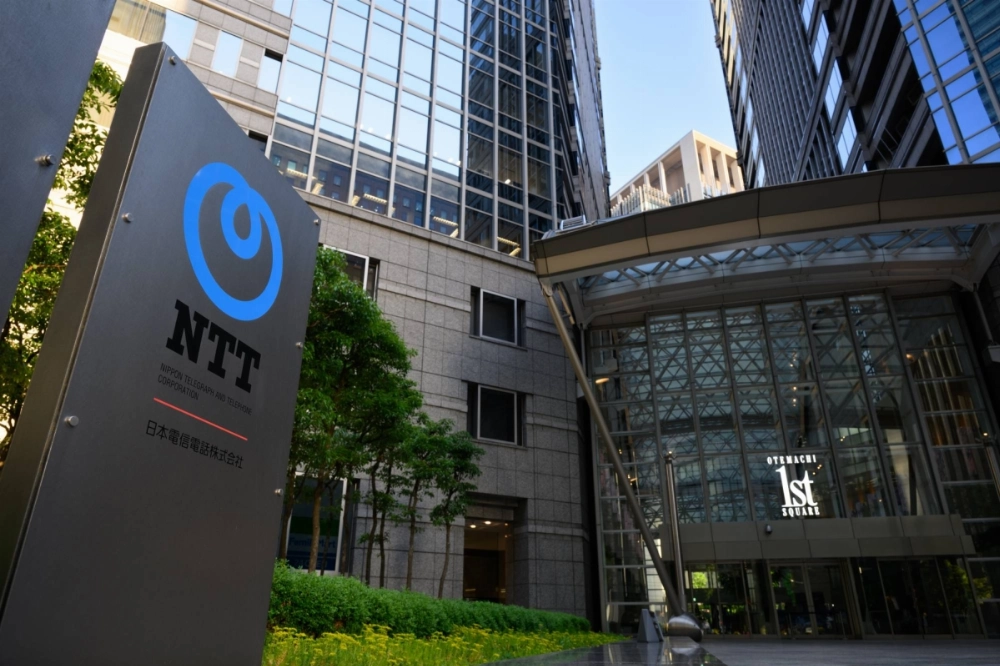Japanese conglomerates are scaling back their hundreds of listed subsidiaries, a structure that critics say is often a poor use of capital and raises potential conflicts of interest.
The trend stems from mounting pressure on companies to cater to shareholders in response to activist campaigns, demands from the stock exchange and even hostile takeovers. Japan has 212 so-called parent-child listings, which is down from 285 in 2020, but still more than the 178 in Europe and 59 in the U.S., according to Jefferies Financial Group.
"Japanese companies are becoming more selective about their assets, looking at whether subsidiaries are helping to increase their shareholder value,” said Chizuru Morishita, a researcher at NLI Research Institute. "Activist investors are becoming more powerful.”

















With your current subscription plan you can comment on stories. However, before writing your first comment, please create a display name in the Profile section of your subscriber account page.